The netbook craze continues unabated, with these cheeky little computers becoming the main growth-driver for the home computing market in 2009. Which basically means supermarkets sold a shed-load of them to non-techies and grannies last year. However, gaming on the netbook has been a purely casual affair up until this point, as their limited power means they’re not powerful enough to run decent 3D games, so they’re limited to running PopCap’s latest releases.
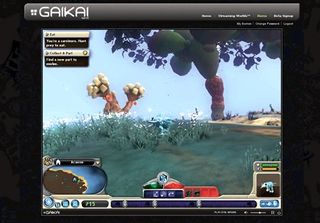
Above:Gaikai's servers rendergames before sending them to your browser
Not all gamers have our gnat-like attention span though, with Edwin Evans-Thirlwell, editor ofVideo Games Dailyproudly boasting he often uses his bog-standard Acer netbook, “both for on-the-go work (image editing, Word documents, Internet browsing, Flash games) and light entertainment in the form of old strategy gems like Dungeon Keeper 2 and Ground Control. At worst, netbooks can be slow, crash-prone entities with terrible ergonomics. At best they marry a smartphone’s relative cheapness and compactness to the broader, more flexible control setup and power of a laptop.”
This is all well and good if you like old strategy and modern Flash games, but it’s the prospect of beefier processing and graphics power in these mini-computers that is the most exciting prospect this year. The second-gen Intel Atom processor (codenamed Pineview) will mean increasingly smaller, faster PCs with much-improved battery lives. But what is far more exciting is what NVIDIA’s newly-announced Tegra 2 combined CPU/GPU for mobile devices is capable of. The graphics giant promises “roll-outs and deployments of tablet PCs, smartbooks, netbooks and MIDs [mobile internet devices],” throughout the first half of the year.
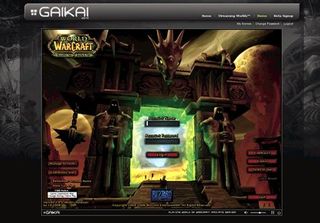
Above: Questions remain whether this kind of in-browser gaming is practical
Though whether or not this will all mean little more than slightly improved movie viewing on the go, or whether it will allow us to play fast 3D games on a netbook, still remains to be seen. Google are expected to release a Chrome-powered netbook this year.
‘Cloud gaming’ was the buzzword and the darling of 2009’s Game Developers Conference in San Francisco. But the hype surrounding services, such as OnLive and Gaikai, subsided through the summer as hard, techie questions about just how feasible server-side gaming is going to be got asked.
Veteran British games journalist Steve Boxer told us that he is pretty sure that “2010 will be all about cloud and browser gaming. As long as publishers compete to push the technical boundaries of what can be done without resorting to Steam-style downloads,” though he adds a slight word of caution: “It will be a damp squib if it just brings about an even soupier morass of casual games.”
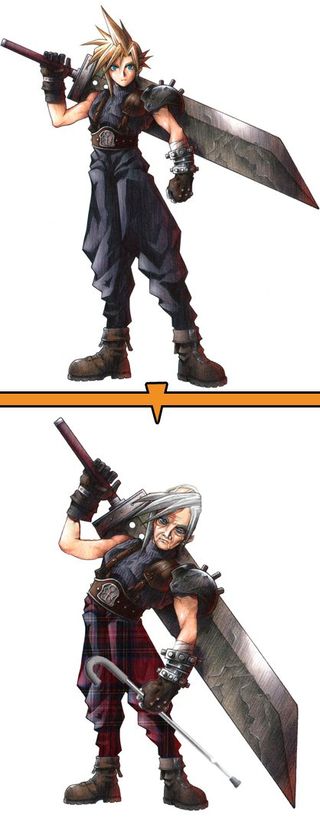
Above: OnLive would use a controller (left) and a set-top box (right)
Competing services that offer a mixture of the instant-on gaming and Steam-style download model, such as new offerings by the likes of Awomoare indicative of the way the market is going. PC gamers want their games delivered digitally, but they want them delivered quickly. And they will steadfastly refuse to play on any so-called cloud gaming service if there is the slightest hint of lag.
Awomo’s marketing director Tim Ponting told us last year that “the arguments have raged either way for months regarding video compression technologies, bandwidth, server farms the size of Alaska and the temperature of the sun. But as is the nature of the beast, I think gaming in the cloud’s wild boar is latency. Unavoidably.”
Instead Awomo intends for their new service, which is in beta right now, “To be your digital library for games.” Ponting claims, “We have hundreds of games signed for the retail phase already. The intention is to offer the latest, greatest titles, alongside those hard-to-find classics that retailers just don’t have the shelf space to stock. We’re beginning to see increased awareness of the importance of downloads among all the majors.”
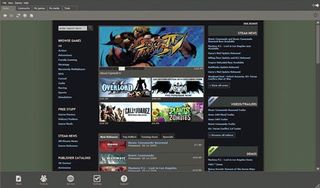
Above: Steam could face competition with the cloud
Games analyst Nick Parker is a little less sanguine, admitting that while the future of games distribution is definitely digital “the ‘iTunes moment’ for games will not occur in 2010”. So cloud gaming may be a long term solution for digital distribution, and the type of gaming experience will shorten to bite-sized chunks rather than entire immersive core games.
This is the one that seems to generate the most amount of disagreements between PC gamers right now. On the one hand, there are vocal supporters of bringing Natal-style motion control to the PC, with Steve Boxer arguing that it “could finally make keyboard-unfriendly genres like driving games attractive on the PC, and bring Wii-style gaming to the most prosaic of platforms – plus it has all sorts of implications for social networking and avatar interaction.”
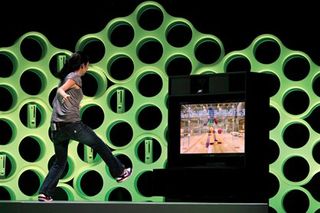
Above: Natal for 360 seems full-steam ahead, while combining itwith Windows is proving controversial
Elsewhere, there are developers that visibly wince at the mere mention of introducing more tactile methods of control into the PC gaming experience. Alex Amsel, of indie game developer and distributorTuna, seems to sum up that particular school of thought most eloquently telling us that motion control for PC gaming is a “load of bollocks”.
Feb 11, 2010
